Escalating Gaza Bombardments and Middle East Diplomacy Unfold Amid Trump’s Regional Visit
- by Ahmed, Cairo, RNG247
- about 7 months ago
- 287 views
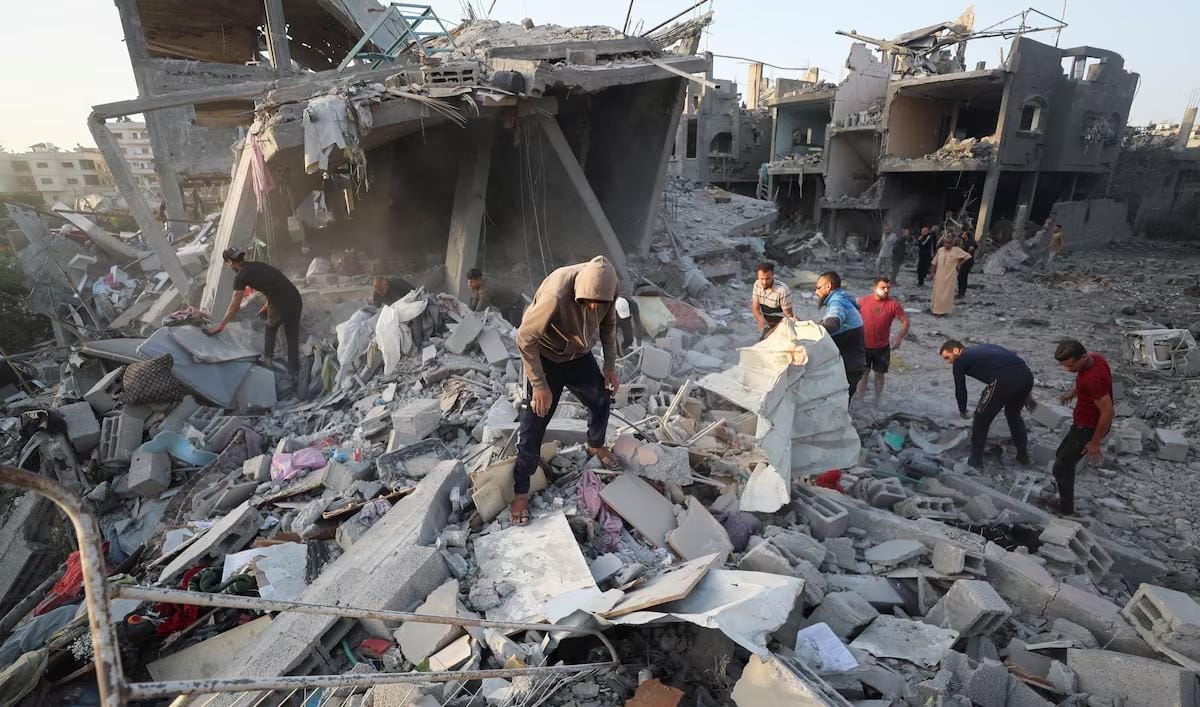
Israeli military forces have launched a brutal series of airstrikes across the Gaza Strip, resulting in the deaths of at least 70 Palestinians within a single day, according to local health authorities. The intensification of the bombardment coincides with U.S. President Donald Trump’s ongoing visit to key Gulf nations, adding a volatile dimension to the ongoing conflict in the region.
Most of the casualties were reported in the densely populated Jabalia area in northern Gaza, where Israeli airstrikes targeted residential houses. Medical personnel on the ground described scenes of devastation, with women and children among those killed. Israeli military officials refrained from commenting directly on the strikes but stated that they are working to verify reports of casualties.
Amid reports circulating about high-value targets, Israeli security sources claimed that senior Hamas military leader Mohammad Sinwar, along with other senior officials, may have been killed in a strike on Tuesday. The alleged attack was purportedly directed at a command-and-control bunker located beneath the European Hospital in Khan Younis, southern Gaza. Neither Hamas nor the Israeli military has officially confirmed these claims. Eyewitnesses and medics, however, reported that an Israeli airstrike struck a bulldozer approaching the targeted area, wounding several people and further complicating the volatile situation.
Meanwhile, Islamic Jihad, a militant faction backed by Iran and allied with Hamas, launched a barrage of rockets from Gaza toward Israeli territory late Tuesday. The retaliatory strikes by Israel reportedly targeted militant positions within Gaza, in what has become an ongoing cycle of escalation.
In the wider diplomatic sphere, President Trump’s regional visit has become a focal point amid ongoing violence. The U.S. president has visited Saudi Arabia, Qatar, and the United Arab Emirates, with hopes of exerting diplomatic pressure to de-escalate the conflict. During his visit to Riyadh, Trump stated that more hostages, including Edan Alexander—who was released Monday after being held by Hamas—would be freed, emphasizing that the people of Gaza “deserve a better future.”
Despite these diplomatic efforts, ceasefire negotiations have faltered. Both Hamas and Israel have blamed each other for the breakdown of talks, which involve mediators from the United States, Egypt, and Qatar. Special U.S. Envoys Steve Witkoff and Adam Boehler met with hostage families in Tel Aviv Tuesday, expressing cautious optimism about the potential for future negotiations following the release of Alexander.
Amid these developments, the United States has proposed reopening humanitarian aid corridors into Gaza using private contractors. Israel, which imposed a near-total blockade of Gaza beginning March 2, has signaled its support for the plan—though it has faced rejection from the United Nations and international aid agencies. The details surrounding the aid plan, including funding and donor participation, remain unclear and controversial.
The conflict's toll continues to mount. Since Israel’s military invasion of Gaza in retaliation for the Hamas-led attacks on southern Israeli communities on October 7, 2023, over 52,900 Palestinians have lost their lives, according to local health officials. The enclave, home to approximately 2.3 million people, teeters on the brink of famine, with aid agencies warning of a worsening humanitarian crisis amid the ongoing violence.
As the international community watches, the region remains at a precarious crossroads, with heightened military clashes and fragile diplomatic efforts shaping the future prospects for peace and stability.



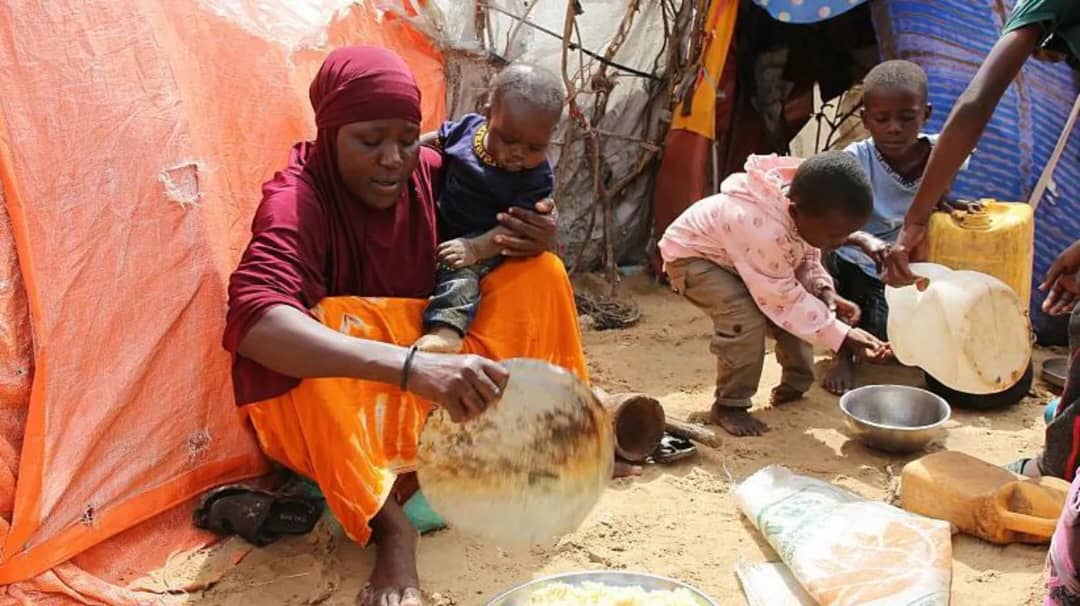
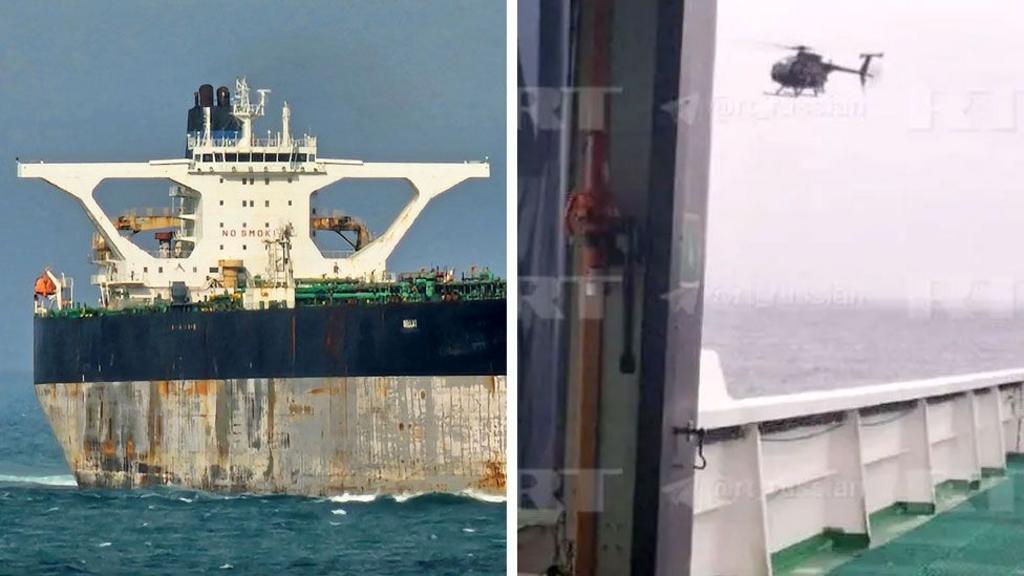
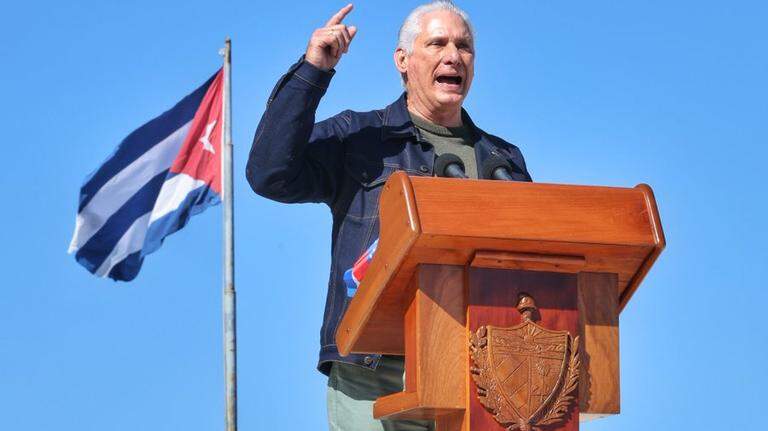

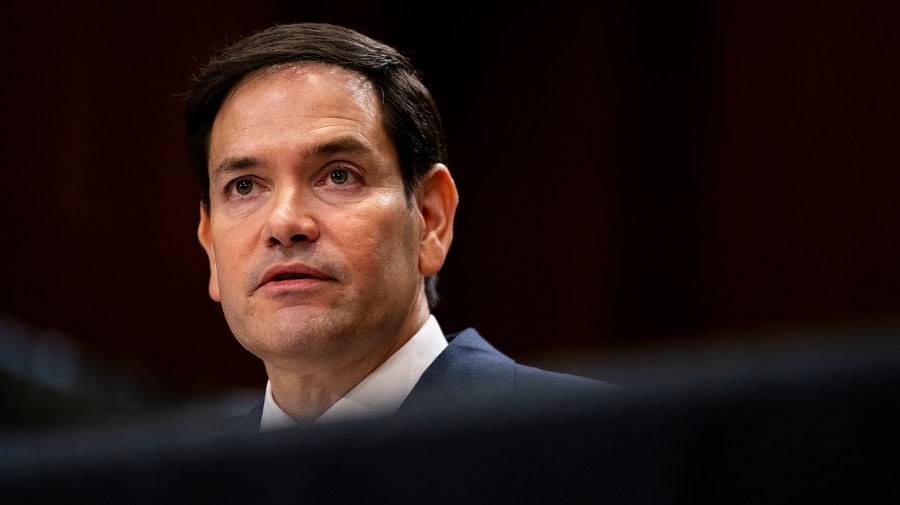



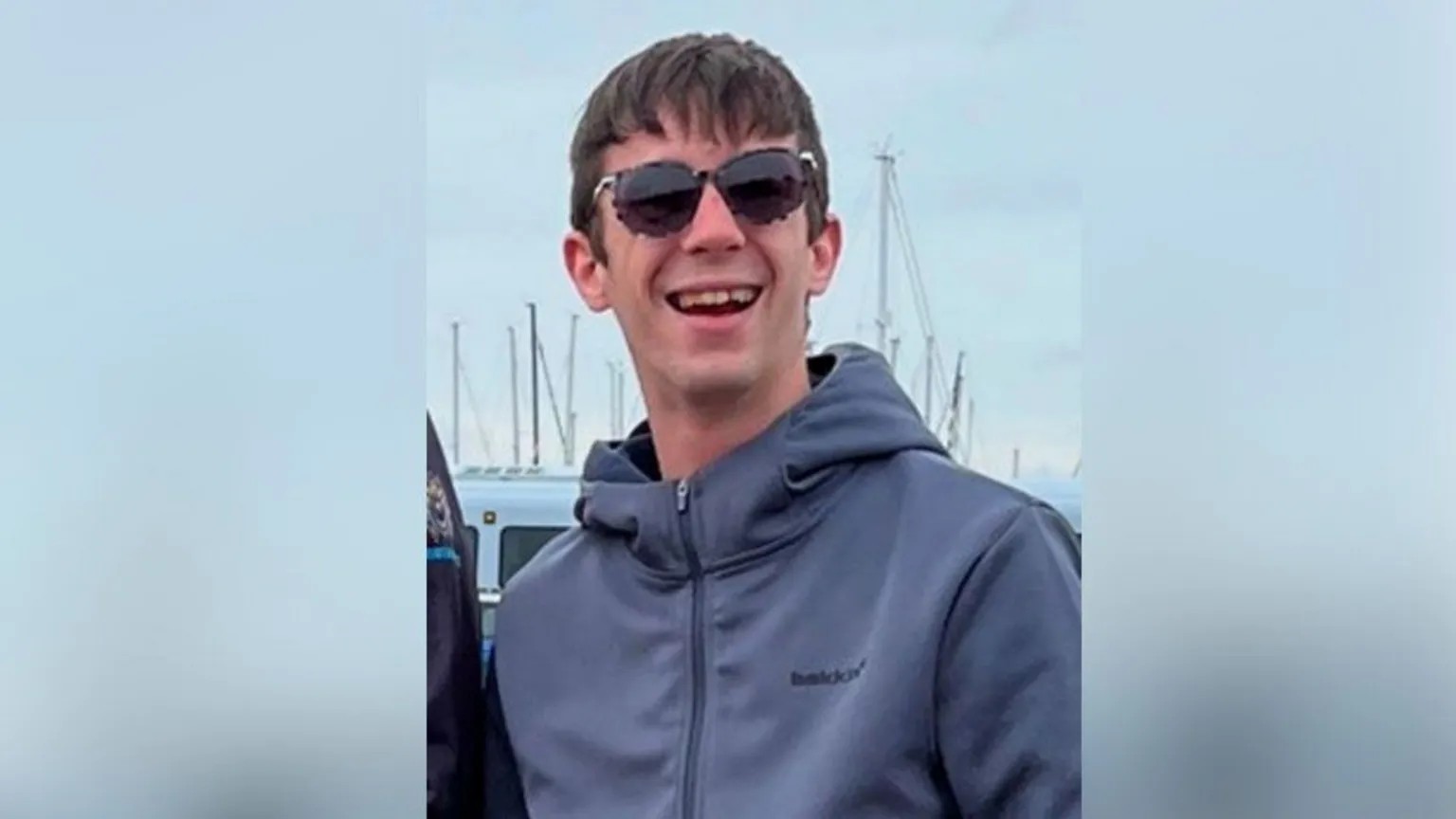

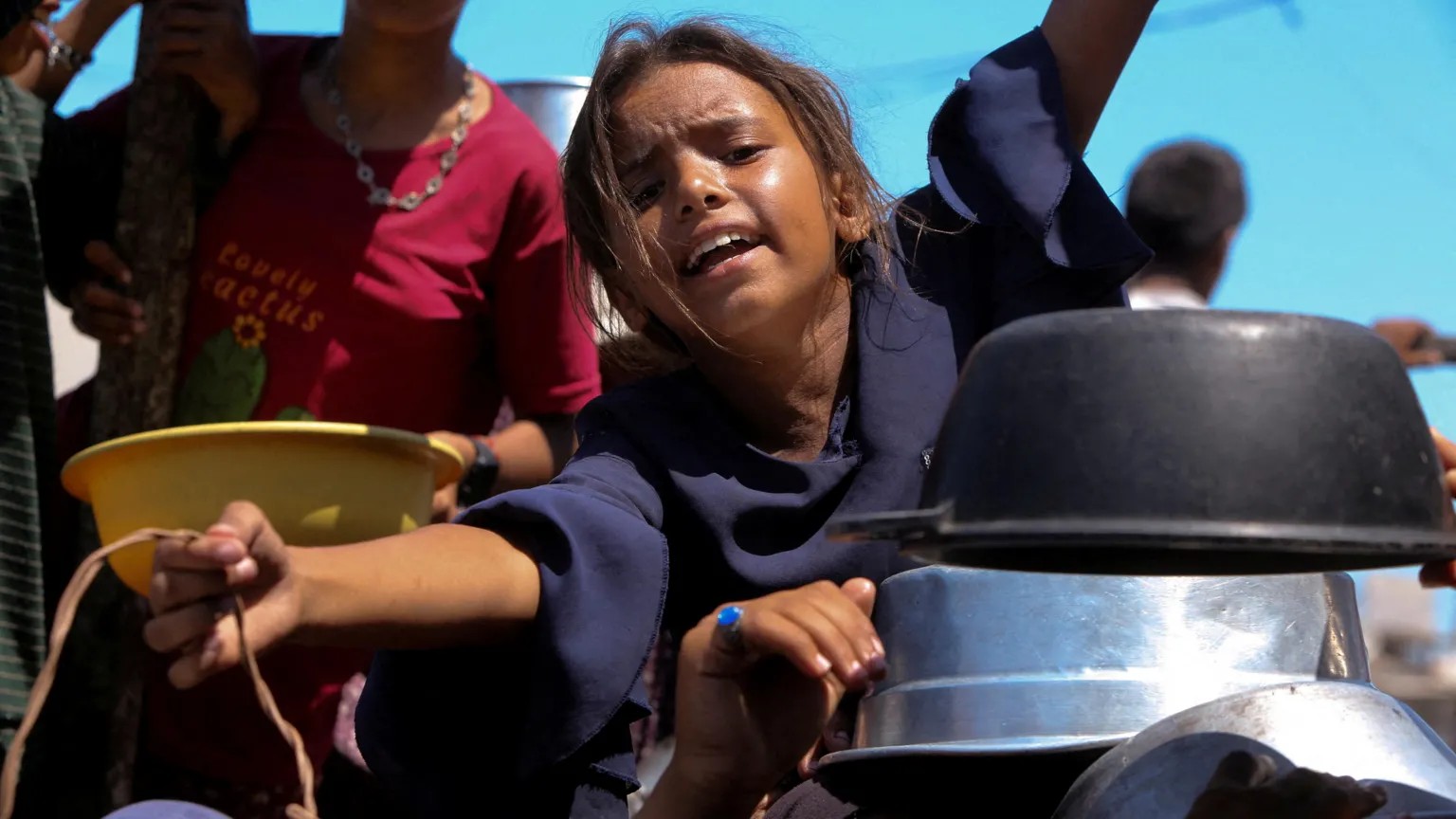
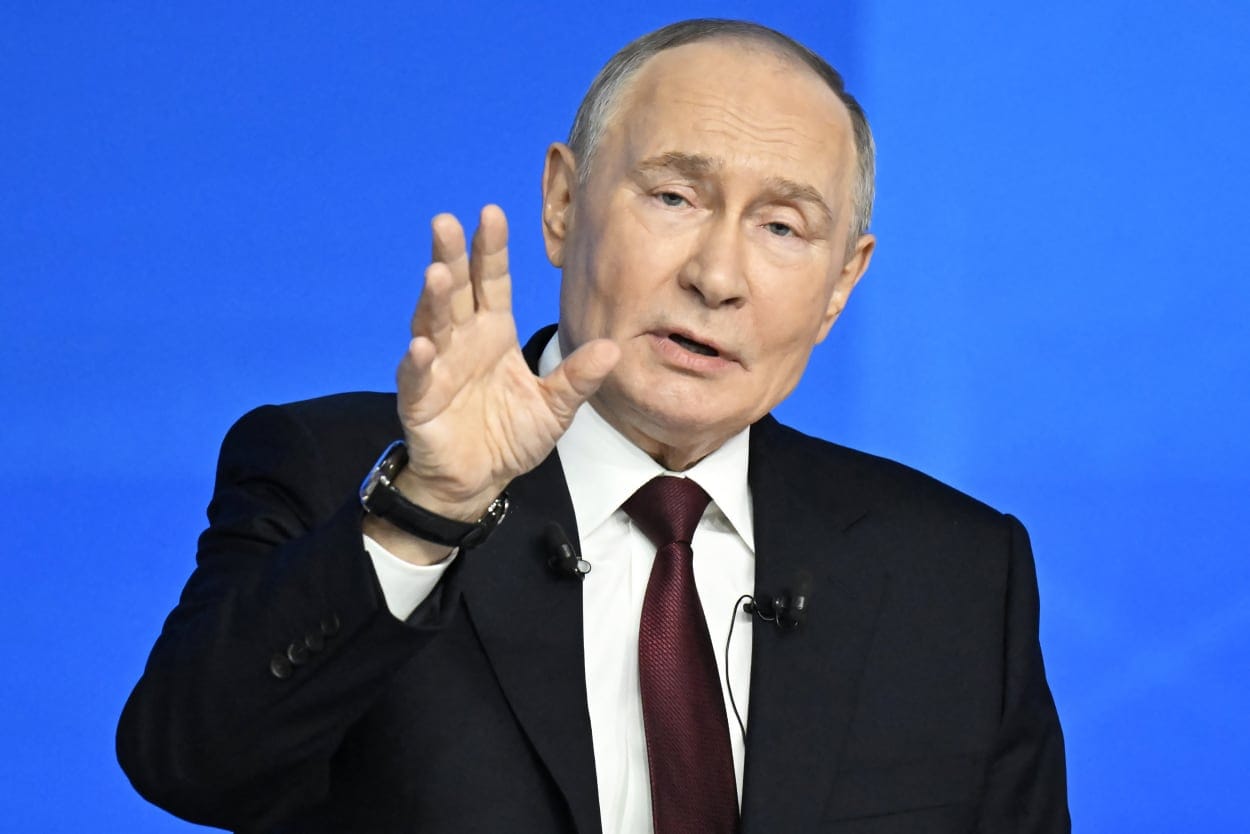

0 Comment(s)